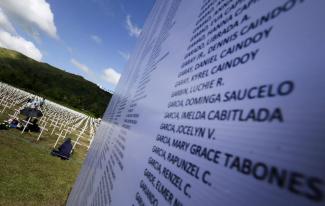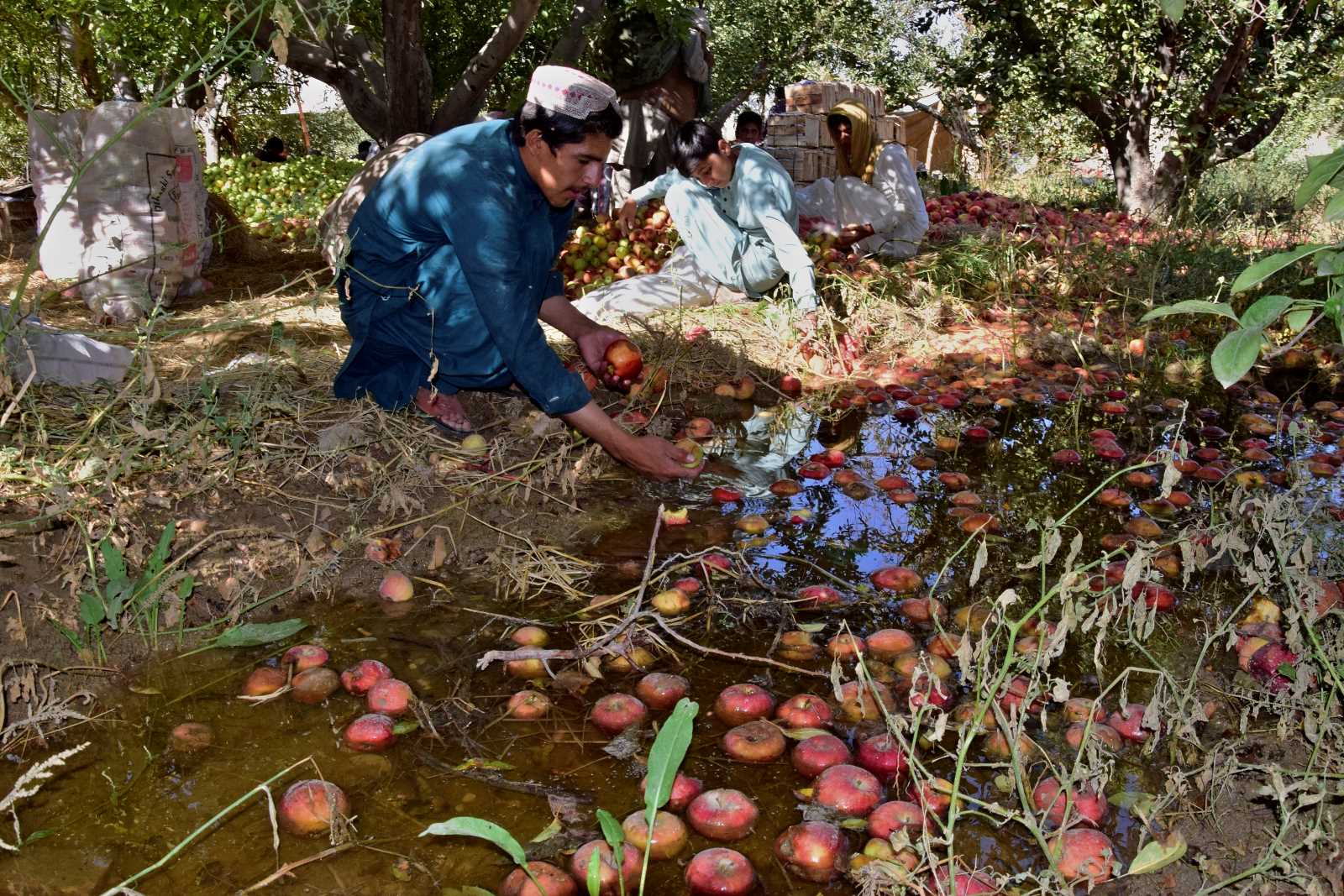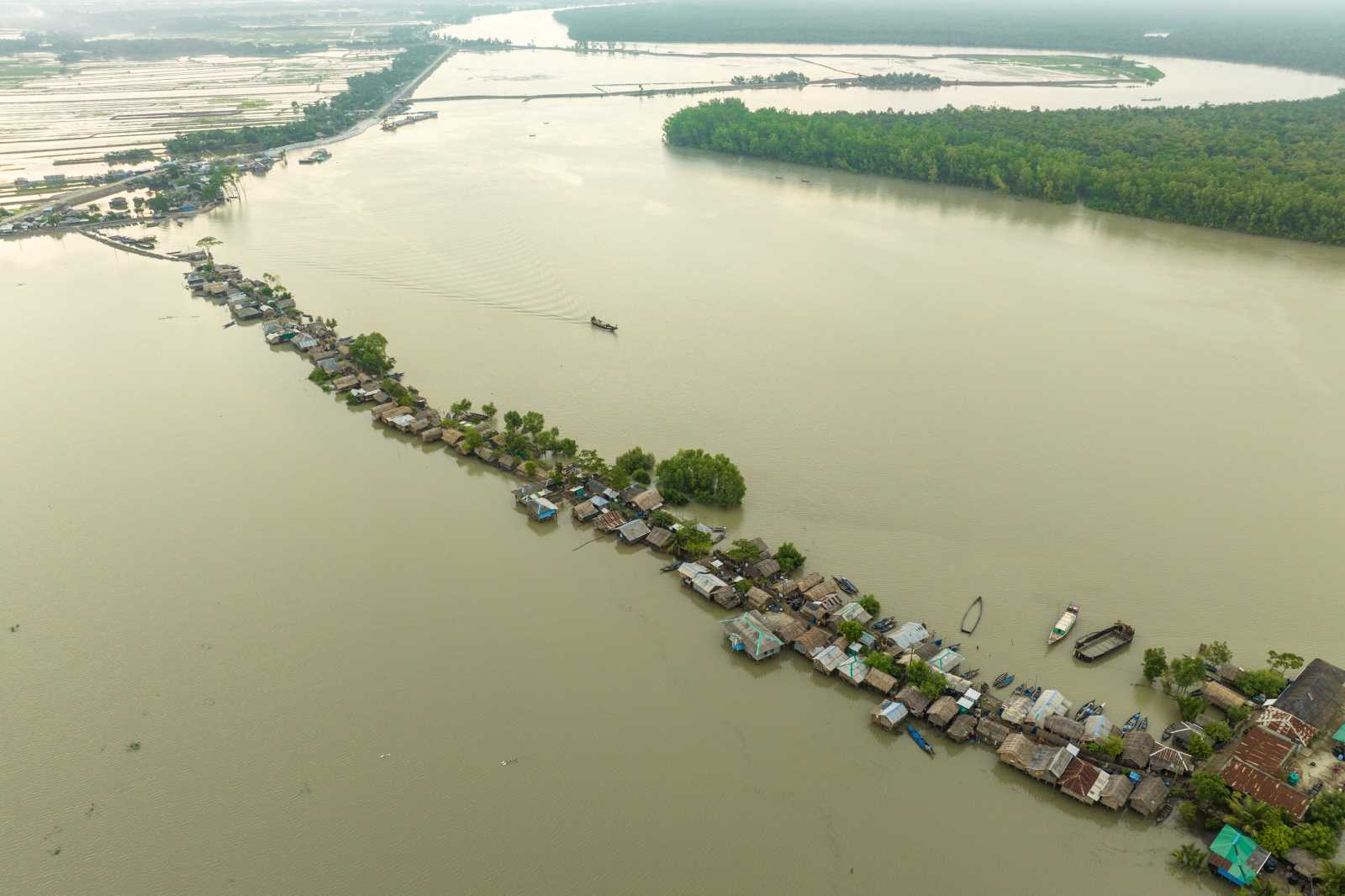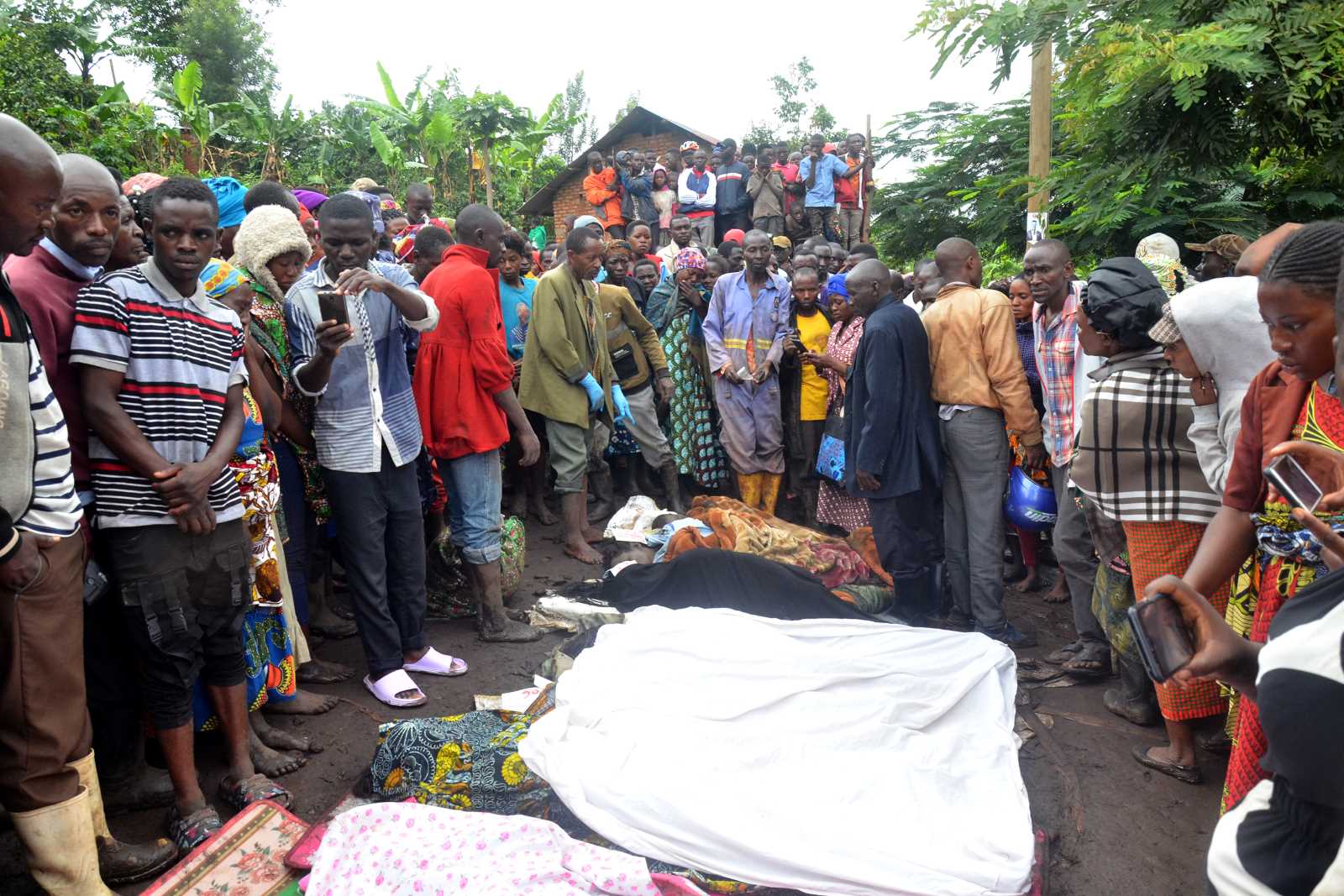Humanitarian agencies
Unspoken competition

In the devastated city of Tacloban, Karl Gaspar, a Catholic monk, saw NGO workers staying in the most expensive hotels, eating in the best restaurants and cruising in brand new SUVs through streets “where dead bodies wait to be identified and buried in mass graves”. Moreover, he noted that many pledges never materialised. In his book (Gaspar 2014) on the experience, he wrote: “As of 8 September 2014, the country has received P 71 billion ($ 1.626 billion) worth of foreign aid pledges in cash and in kind, but only P 15 billion ($ 349.404 million) has been received so far.”
He also noted that there was a serious lack of coordination on the ground. According to Gaspar, collaborative efforts seemed “weak and inadequate” while an “unspoken competition” seemed to exist among humanitarian agencies. He concludes two things:
- Instead of relying on obviously over-burdened local government units, humanitarian agencies should tap the resources of the affected communities to organise relief distribution.
- Assistance should be discontinued as soon as people get back on their feet in order not to encourage aid dependence.
Gaspar pointed out that he did not wish “to disparage all the agencies who came to the affected areas and did manage to serve the needs of the survivors”, but added that “one can’t help but notice some very disturbing tendencies. The Catholic monk in particular praised the Bhuddhist Tzu Chi Foundation, which is based in Taiwan, for being “one of the first to provide the most needed aid to the survivors”.
Gaspar has a long history of personal engagement in the Philippines, by the way. He was a political prisoner for some time during the rule of dictator Ferdinand Marcos.
Reference
Gaspar, K.-M., 2014: Desperately seeking God’s attention: Yolanda survivors’ hope beyond heartbreaking lamentations. Quezon City: Institute of Spirituality in Asia.












